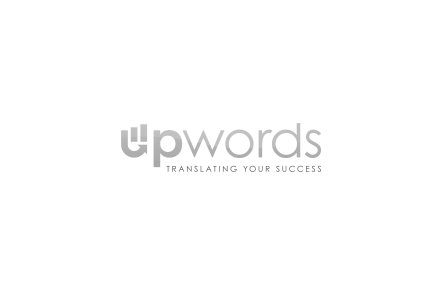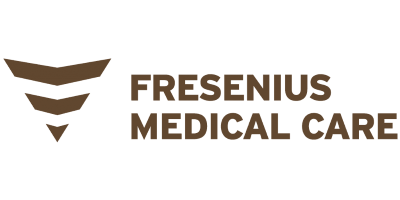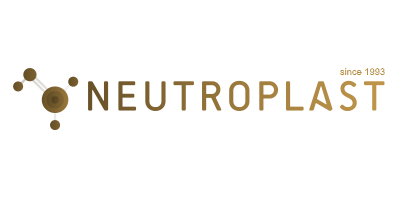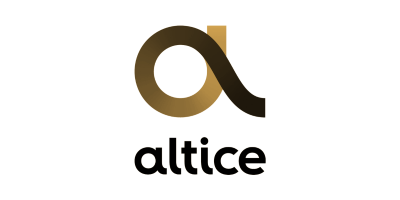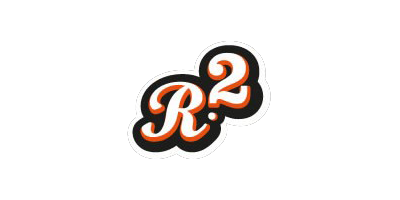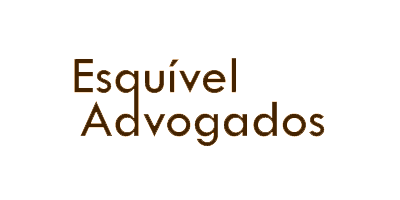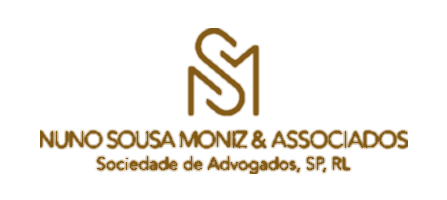If you are developing a marketing strategy to sell your product in a foreign country, you are probably asking yourself one or more of the following questions:
1. Can I just translate my original marketing campaigns and use them abroad?
You’ve probably guessed the answer to this one: it depends. If your marketing campaign does not contain culture- or language-specific elements, you can just have it translated.
But if there are any elements — words, phrases, symbols, images, colours — that will be interpreted differently in your target country from how they are in your own, then localization is what you need. A good translation company will be able to tell you if you need to translate a marketing campaign or adapt it to a specific country.
2. How is marketing translation different?
It’s quite simple: emotion. While technical texts — such as a product description, an instructions manual, or the script for a training video — need to convey clear, succinct information, marketing materials must evoke emotion. Your ads must enchant, surprise, or amuse.
This means that in marketing, literal translations don’t necessarily work. For instance, imagine a Valentine’s Day ad for a masculine fragrance which said “For Mr. Right”. It sounds perfect in English, where every woman knows “Mr. Right” means her ideal man.
But translate it literally into French — “Pour M. Juste” — and it makes no sense, because that phrase, though technically correct, is not used in everyday French language. Good marketing translation in this case would mean translating non-literally: “Pour l’homme de ta vie” (literally, “For the man of your life”). This is the commonly used French phrase to refer to a woman’s ideal partner, and it evokes the same emotion as the English original.
3. How long does it take to translate marketing materials?
Again, this depends — on the size of your marketing campaigns, the kind of media you are using, the original and target languages, the cultural differences between countries.
Are you translating from French into Spanish or into Mandarin? Will you need to localize content? Do any ads have to be transcreated? Is your material static text and images, or do you also have audio and video? All of this will have an impact in the time frame for getting your marketing campaign translated.
Your provider of translation services should give you an estimate of how long it will take for them to translate and adapt your material into a foreign language.
4. Should I work with freelance translators, or a translation company?
Of course you know the answer to this one: you should work with us at Upwords! Usually, hiring freelance translators will only work if you know them personally and are sure they will do quality translations for you, and if you must translate only a small amount of marketing materials.
If you have a medium or large amount of materials to translate, it’s better to choose a good translation agency. They will take care of coordinating translators’ work, and can provide you other services such as localization, transcreation or DTP.
But make sure you choose a trustworthy agency, which works with native translators and runs quality checks by a second translator on every translation made, and has the technology, for instance, to connect to your CRM or Website platform.
5. How can I be sure my marketing campaign will work in another language?
First, hire a translation agency that works with native translators living in their home countries. Then, have your marketing team work with the translators to decide in which cases you need to localize and transcreate your marketing materials.
Finally, you can test working versions of your localized campaign with a preview audience that is representative of your target audience. Take stock of their reactions, and adapt your material if necessary.




